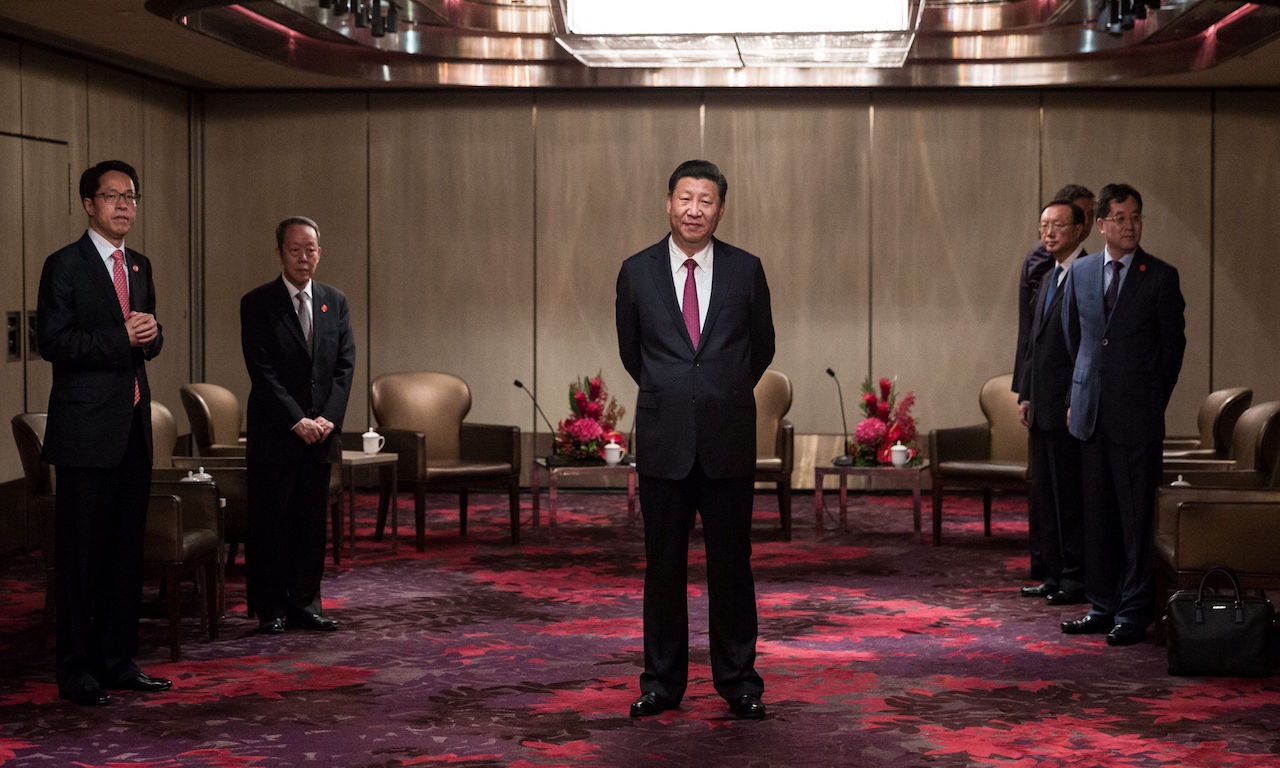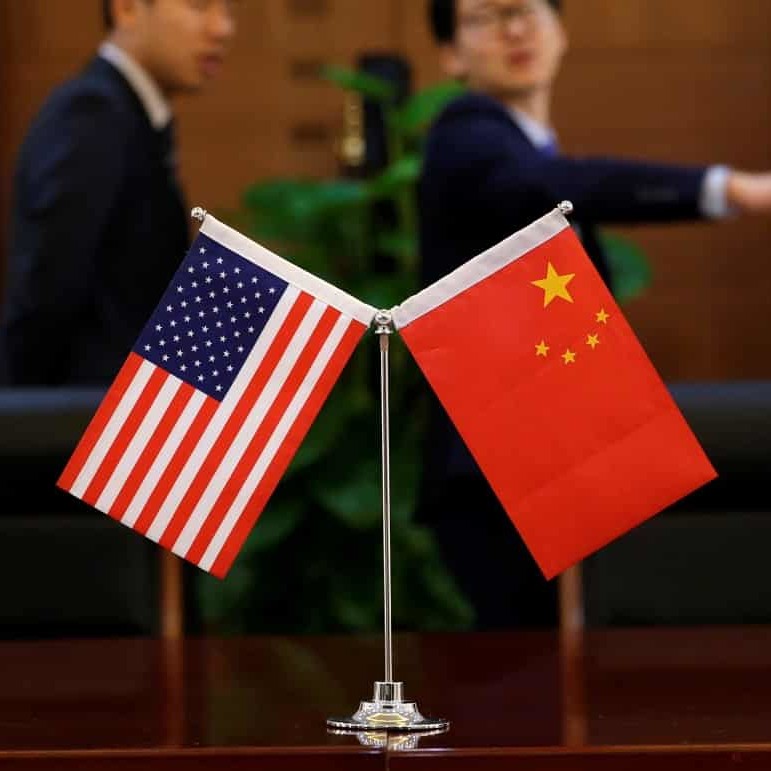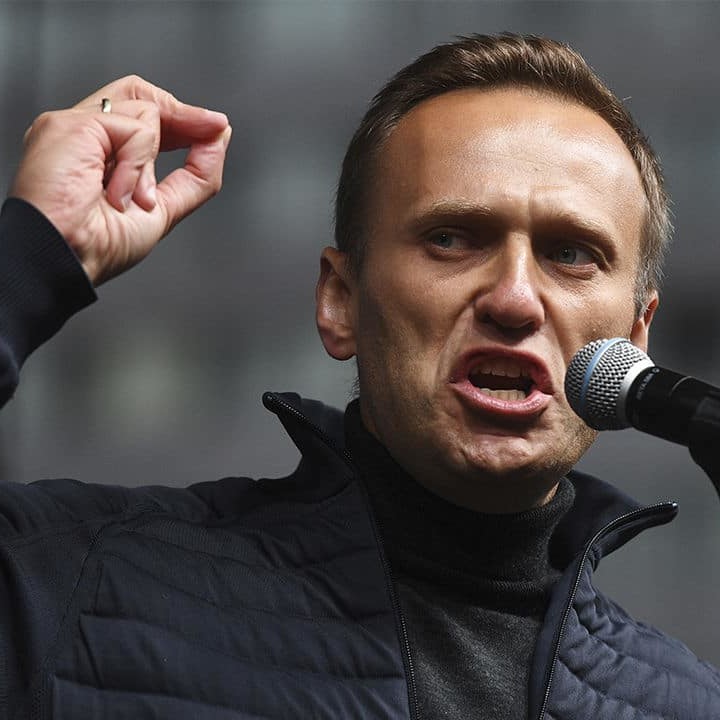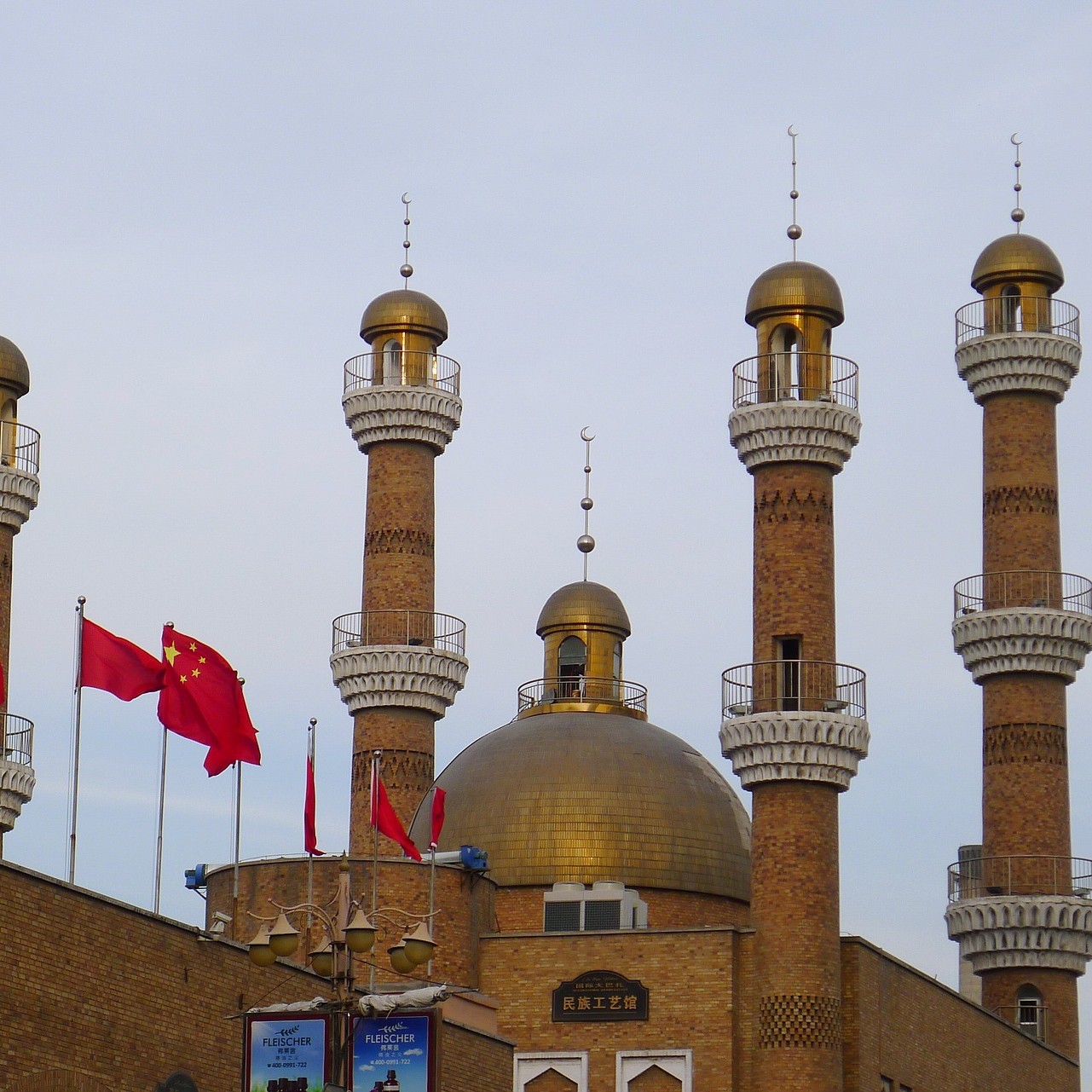On January 2 Xi Jinping, the president of the People’s Republic of China (PRC), held a speech to commemorate the 40th anniversary of the “Message to compatriots in Taiwan”. His intention was to reaffirm the concept of the “Once China Policy” and that of “one country two systems” or in other words that Taiwan (the Republic of China ROC) is part of the PRC and foreign powers should not interfere with the question of Taiwan’s independence. “The Taiwanese question is part of China’s internal policies, it is a vital interest to china”.
Beijing views Taiwan like a runaway province that does not deserve recognition by the international community as a separate political entity. Chinese authorities wish to bring the island under their control and have indicated they will use force if necessary. In 2018 the communist regime has increased its pressure on the international community to refer to Taiwan as an integral part of china.
Both Beijing and a minority within the Republic of China support the “One china” concept according to which the island of Taiwan and mainland China belong to the same state. The PRC refuses to recognise Taiwan’s independence while president XI has stated that the unification process is unstoppable. “The country is growing strong, the nation is rejuvenating and the reunification between the two sides of the strait is where history is headed” Xi declared to party officials, military authorities and international guests in the Hall of the people at the centre of Beijing.
Xi delivered his speech the day after Taiwan’s president Tsai Ing-wen appealed to china for a peaceful resolution of the disputes over the island stressing out the desire of its 23 million inhabitants to self-govern. Ms Tsai leads the Democratic Progressive Party (DPP), which leans towards independence from China.
After Donald Trump won the 2016 US election, she spoke to the president-elect in a phone call, in what was a break with US policy set in 1979 when formal relations were cut. In November, Ms Tsai’s political party received a heavy setback in regional elections perceived by Beijing as a blow to her separatist stance. I short the last four hundreds years of history in the area can be summmarized in the fact that after a brief spell as a Dutch colony (1624-1661) Taiwan was unquestionably administered by China’s Qing dynasty from 1683 to 1895.
Starting at the beginning of the 17th Century, significant numbers of migrants started arriving from China. The descendants of this migration now make up by far the largest population group. In 1895, following Japan’s victory in the First Sino-Japanese War, the Qing government had no choice but to cede Taiwan to Japan. But after World War Two, the Republic of China – one of the victors – began ruling Taiwan with the consent of its allies the US and UK, after Japan surrendered and relinquished control of territory it had taken from China. However in the next few years, the leader at the time Chiang Kai-shek’s troops were beaten back by the Communist armies under Mao Zedong.
The nationalist forces under Chiang Kai-Shek fled to Taiwan in December 1949 after their defeat in the Chinese civil war against Mao’s communists. “Private property, religious freedoms, rights and interests of the Taiwanese compatriots will be safeguarded” said Xi whilst adding to the offer of talks a veiled threat “We do not promise to abandon the use of force”. The option of force, he added, would also be aimed at foreign meddling in the matter, a comment clearly aimed at the USA who support the independence of Taiwan both politically and by supplying the nation with military equipment.
The diverging positions of the two presidents over the matter underline the uncertainty of Taiwan’s future and the looming threat of a potential crisis. This is especially true if both sides will seek confrontation or if president Trump, a key ally of Taipei, decides to intensify diplomatic and military activities in support of Taiwan. The shift to a blunter approach with relations with the PRC is a hallmark of the Trump presidency, his call with the Taiwanese president in 2016 was a carefully planned break with protocol and a clear message that the US will not stand aside. Furthermore, the US has been pressuring China on trade with tariffs as the relations between the two nations remains confrontational. In light of all this Taiwan can count on American support if needed but also finds itself caught in a greater game of hegemonic competition between the USA and the PRC.
The relationship between Taipei Brussel is another matter, the EU has not been as strongly positioned on the matter as the US and certainly not as much as Taiwan would like. The EU remains the largest source of foreign direct investment to the island. It maintains a bilateral trade agreement with Taiwan which has seen commerce increasingly grow as shown in the 2018 EU-Taiwan relations repost and has maintained unofficial diplomatic ties with Taipei. However, considering increasing economic ties with the PRC the EU and its members have treaded more lightly on the matter.
Last Friday, in Rome the representative of Taipei, Ambassador Andrea Lee, released a statement on the matter. It is important to stress that while Italy and the ROC ceased diplomatic relations in 1970 with the creation of the Taipei Cultural Association in the 1990s, subsequently renamed Office for Taipei’s representation in Italy, the two countries continued to entertain friendly relations.
The representative of the ROC government declared that Taipei encourages nations to maintain normal and active relations with Taiwan and to ask for a peaceful resolution of all matters pertaining to the Taiwan strait whenever possible. “Taiwan desires to cooperate closely with countries that share universal values such as freedom, liberty, democracy and the rule of the law to better assure peace and stability in the Asia-pacific region”.
Taipei’s position on Xi’s statements can be summarised in 5 points. The first is that China’s refusal to renounce violence against Taiwan has a negative impact on peace and stability in the Asia-Pacific region. It is clear that China has increase its military might over the years posing a threat to neighbouring countries. Beijing has also repeatedly sent ships and airplanes to carry out military exercises in proximity of Taiwan altering the status quo and raising tensions. Taipei is convinced these acts violate the principle that peaceful means should be used to resolve international controversies as indicated by the United Nation’s charter.
The second point is that Chinese hostility to the people of Taiwan is a breach of the fundamental values of democracy, freedom and human rights. “Taiwan is a democratic country, free and respectful of human rights, of freedom of religion and other fundamental values”. The ambassador also said that in his view “the PRC has continuously shown disregard towards human rights, religious freedom, and other fundamental values thus undermining the universal declaration of human rights”.
The third point concerns the “One China Policy” which according to Taiwan simply ignores reality. The ROC is a sovereign and independent state, it entertains diplomatic relations with 17 allied nations and has developed good relations with the majority of countries in the world. To Taipei the idea that the concept of a “One china Policy” has international support is simply false. Taiwan underline that of 178 countries that entertain diplomatic relations with the PRC only 51, less than a third, have explicitly recognised the “One China Policy” in their diplomatic agreements or in other documents than discuss their relationship with mainland China. To ambassador Lee “The USA, Japan, the members of the EU and other important democracies have their own “One China Policy” and do not accept that proclaimed by the PRC”. When speaking to the US congress the then Assistant Secretary of State for East Asian and Pacific Affairs James Kelly explicitly stated that the “Once China Policy” of the USA and that of the of the PRC where not the same. After having faced its own process of democratization Taiwan has a democratically elected parliament and president, free press, its own armed forces, its own diplomatic affairs which it conducts autonomously, it has its own currency, passports and visas exercising absolute and exclusive jurisdiction over its territory. Taiwan is certainly not part of the PRC.
On the fourth point it was stressed how Taiwan will keep working to maintain the status quo in the Taiwan strait by attempting to improve relations between the two sides. “Taiwan has never tried to distance itself from china internationally. From the moment she was sworn into office president Tsai has made several shows of good will toward the PRC”. It should be reminded that with a diplomatic and economic action mainland China has managed to convince 5 historical diplomatic allies of Taiwan to retract their official recognition of the nation. Moreover, Beijing continues to obstruct Taiwan’s participation to international meetings and assemblies and it has been repeatedly accused by Taipei of spreading fake news to interfere with Taiwanese elections and the related debates.
The fifth and final point is that of a clear statement that a free and independent Taiwan is in the interest of the international community. In short, the position of the two countries remain distant.
From a strategic prospective it is difficult to imagine a conventional war waged by Beijing against Taipei. It is more likely that there will be interference in the long term much resembling hybrid warfare. Actions on the financial, economic and political side with potential cyber-attacks paired with support for the opposition parties can be carried out by the PRC with limited costs. It is instead overly expensive both economically and in terms of human lives to contemplate a military occupation and the subsequent control over the island. If Taiwanese forces were to revert to guerrilla tactics it could become a costly quagmire for the PRC.
It is important to repeat that throughout 2018, China stepped up pressure on international companies forcing them to list Taiwan as a part of China on their websites and threatening to block them for doing business in China if they failed to comply. Nowdays some Taiwanese worry their economy is now dependent on China. Others point out that closer business ties makes Chinese military action less likely, because of the cost to China’s own economy.
Regardless, it is hoped that it will not come to this, soft power and diplomacy remain tools available to Beijing which has adhered to several multinational initiatives and peacekeeping operations showing an interest in multilateral solutions regardless of its Authoritarian nature. The PRC may flex its muscles and threaten the use of force but that is arguably more a matter of image and prestige rather that a real possibility, nothing good could come of such an eventuality for either party involved.
In conclusion, after forty years there is no solution in sight. Yet it would be enough for the concept of Westphalian sovereignty to be recognised in regard to Taiwan much to the displeasure of Beijing. After the peace of Westphalia, the principle of not interference in the internal affairs of a sovereign state was established, alas to Beijing Taiwan is not a sovereign state.
It is difficult if not impossible to imagine Xi, subject to internal pressure by the party to project a message of Chinese power and hegemony, could ever accept such diplomatic solution; however, on the other hand that of open conflict is also an unlikely scenario. The issue is still a long way from being resolved but a diplomatic solution seems to be in the interest of all parties involved regardless of Beijing’s threats and posturing.
Giuseppe Morabito
Ermete Del Buono
Hi-Tech: i punti deboli della Cina
21 Mag 2024
La sfida tra Stati Uniti e Cina in campo tecnologico mostra una Cina nettamente indebolita nonostante la sua guerra…
Cosa aspettarsi dalla diversificazione energetica della Cina
4 Apr 2024
Le stime cinesi, seguendo il discorso del presidente Xi Jinping alle Nazioni Unite del 2020, indicano il 2030 come…
Navalny morto in prigione
16 Feb 2024
Alexei Navalny, il principale oppositore del presidente russo Vladimir Putin, è morto nella colonia penale di Kharp, a…
Cina, perché a nessuno interessano gli Uiguri?
16 Nov 2023
In cosa consiste il dispotismo cinese? Si tratta di un travestimento capitalista di un totalitarismo dirigista,…




